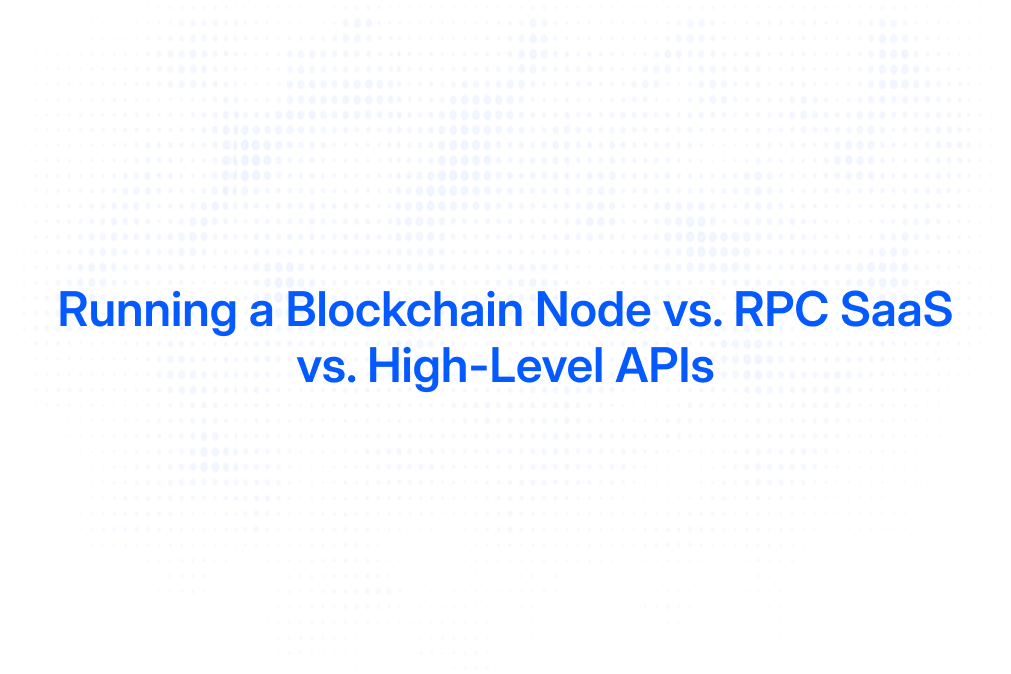Decoding Ethereum Gas Fees
David Liu

Gas fees refer to the costs associated with executing transactions and operations within blockchain platforms. These fees essentially function as compensation for the computational energy required to process and validate transactions on the network. This article aims to bring clarity about gas fees, how they function, and their importance in blockchain ecosystems.
In a blockchain network, every transaction - be it sending cryptocurrencies, executing a smart contract, or deploying a decentralized application - demands computational resources. Given the decentralized nature of blockchains, these transactions are processed by all nodes in the blockchain network—known as 'miners'—who provide computational power. This process is both time-consuming and energy-intensive, and it requires compensation; hence the concept of gas fees was created.
Gas fees are most commonly associated with the Ethereum blockchain. Ethereum's native gas units, known as ""Gas"", is used to allocate resources of the Ethereum Virtual Machine (EVM) so that decentralized applications such as smart contracts can self-execute in a secure and decentralized fashion.
A simple way to understand gas fees is to compare it with vehicle fuel. Similar to how a car needs fuel to operate, transactions need Gas to carry through. The more complex your transaction is (for instance, when executing a complicated smart contract), the more gas your transaction requires. Moreover, gas fees primarily have two components - Gas Limit and Gas Price. Gas Limit is the maximum amount of units of gas you are willing to spend on a transaction. It's similar to the amount of fuel required. While Gas Price is the cost of performing actions (similar to fuel price).
Since the Ethereum network has a finite amount of computational power at any given time, users bid for higher gas prices to prioritize their transactions. This means that when the network is congested, gas fees rise, making it more expensive to process transactions. During peak periods, these fees can increase dramatically causing concerns for those that are interacting with the Ethereum blockchain network.
Paying gas fees is an essential aspect of the Ethereum ecosystem. It ensures that transactions don't run indefinitely and prevents DDoS attacks. Without gas fees, the network could be vulnerable to attacks and exploitation due to the network's limited computing resources.
However, the nature of these fees has often been criticized due to its volatile nature. These challenges have led Ethereum's developers to announce changes to how Ethereum's transaction fees work, which is set to be implemented in the Ethereum 2.0 upgrade to mitigate these challenges.
In recent years, the topic of gas fees has become more prevalent, primarily due to the rise in DeFi (Decentralized Finance) projects, Non-Fungible Tokens (NFTs), and other decentralised applications (dApps) on Ethereum Network. As the adoption of blockchain technology increases, understanding the role and function of gas fees becomes crucial for participants in this space.
In conclusion, while gas fees are seen as a hurdle by many cryptocurrency enthusiasts and investors, they play a critical role in maintaining the health and security of blockchain networks. They compensate for the computational power required to process transactions, incentivise miners and prevent possible network abuse. Yet, finding a balance between maintaining network security and user affordability remains an ongoing challenge. Potential solutions, like that proposed in Ethereum 2.0 upgrade, could go a long way in addressing these challenges.
.svg)


.png)



